Brunel Report
StreetGames, a charity delivering sport to disadvantaged communities, partnered with Coca Cola to commission a report on participation. Dr Laura Hill from Brunel University, which undertook the research, outlines the findings

S ince its launch in 2006, StreetGames’ vision has been to assist the most disadvantaged young people and communities to enable them to enjoy the benefits of sport and participate at the same rate as their more affluent peers.
The charity defines its approach to the delivery of opportunities as ‘doorstep sport’ – taking sport to communities at the ‘right time, right price, right place and in the right style’.
The doorstep sport approach addresses the needs of young people who may not have the finances, support or knowledge which is needed to get involved in sport. It has developed a wide range of resources that help to identify and overcome barriers that impact young people’s participation, including concerns about safety, fees, travel, activity choice, adult support, confidence, familiarity with the environment and overall knowledge of the activities.
The StreetGames network has grown substantially – collectively delivering more than 110,000 doorstep sports sessions, attracting more than 228,000 participants and 2.3 million attendances. StreetGames uses its financial and experiential resources to lobby for greater investment in disadvantaged communities, to develop the skills and knowledge of sports workers and to consider ways to improve the quality of sports delivery in renewal areas.
Volunteers
Developing volunteers is also a key part of StreetGames’ work and over 6,700 young people have begun volunteering in StreetGames projects. The Doorstep Sport approach has also been incorporated into Sport England’s recent strategy document Creating a sporting habit for life: a new youth sport strategy, which sets a target of developing 1000 sustainable Doorstep Clubs.
Two recently funded projects have helped to showcase StreetGames’ ability to contribute to the London 2012 legacy by creating opportunities which engage young people from diverse socially disadvantaged communities: ‘Building a Participation Legacy’ and ‘Us Girls’. Brunel University’s research on these projects was designed to explore the doorstep sport approach and its capacity to engage young people.
Building a Participation Legacy
The Building a Participation Legacy project was part of the London 2012 Olympic and Paralympic Games in Disadvantaged Areas programme. It was funded by a Coca Cola Foundation grant.
The goal was to create five projects which would develop a sustainable sporting legacy; increase sport and physical activity levels and encourage positive behaviour change.
Each of the legacy projects targeted its programme towards particular groups of disadvantaged young people in their communities and each included initiatives designed to attract at least one group who typically have particularly low engagement in sport, including girls, people from migrant communities and estates where safety was a concern, ethnic minority groups and young people with little previous interest in or experience of sport.
The capacity to deliver activities at low cost and the willingness of workers to ensure that venues were perceived as accessible and friendly helped with the success of the programmes. Consultation with participants is part of StreetGames’ style. As one coach said: “We ask young people what they want or just fit the sessions around them.” The right style for StreetGames sessions is typically informal, participatory and active.
Coaches were identified by young people as particularly contributing to their enjoyment and many felt that StreetGames coaches were more helpful than teachers, parents or friends in supporting their efforts to get involved in sport. A key part of this appears to be their willingness to spend time developing trusting relationships with young people. One participant said: “They listen to what we want to do, rather than telling us.” The qualities young people admire in StreetGames coaches represent a combination of youth work and coaching skills such as being friendly, fun, polite, nice, easy-going, accepting and supportive.
One of the most interesting findings was young people perceived their StreetGames experiences led to increased social skills. Engaging with their peers, meeting new people, working in teams and developing positive relationships with adults were all described as benefits.
Young people who volunteered were particularly positive about their ability to take on responsibility, lead sessions, and interact with others. One said: “I like to wear the StreetGames volunteer t-shirt. Teachers see me wearing it and ask what I do. They didn’t speak to me before.”
Us Girls
The Us Girls initiative was part of Sport England’s national Active Women campaign which involved getting more than 30,000 women, aged between 16 and 25, from disadvantaged communities more active. The project involved more than partners working in 47 disadvantaged areas across England.
Our research was collected during the course of the initiative and was used to inform training and the development of resources for practitioners including the development of a series of ‘how to’ guides, a three-hour training workshop and web-based resources.
One of the challenges of the Us Girls programme was gaining understanding of the ‘right time, right price, right place and right style’ for the diverse groups involved in the initiative, including students, young mums, women in full time employment, Muslim women, and NEETs. Successful times for sessions varied considerably by both day of week and time of day and had to be tailored to the community. There was also no right activity and so the projects offered a varied menu of activities including dance, exercise and team sports. One of the key successes of the initiative was its capacity to address the needs of women who had little confidence in their sporting abilities and who were anxious about getting involved in sport. The Us Girls strapline ‘Fun, Fitness, Friends: Get Together With the Girls’ was deemed to be a successful marketing tool which seemed to reassure some women that the sessions would be different from more formal school and sport environments. Although a wide range of marketing strategies were used, more personalised recruiting through friends, intact groups and taster sessions were particularly successful. Incentives bearing the Us Girls logo were also successful in attracting participants, encouraging attendance and engendering a sense of belonging to a national initiative. As in the legacy project, many participants highlighted the importance of the coach for their enjoyment, motivation and attendance. Us Girls’ ‘style’ was characterised by a relaxed atmosphere which allowed women to have fun, be social, and engage in high levels of activity in a non-judgmental environment.
A StreetGames Legacy
The StreetGames legacy has been its capacity to support local organisations and address barriers which lead to socially disadvantaged young people’s exclusion from sport and volunteering. As a researcher, one of the rewarding aspects of working with StreetGames is its desire to learn what works and to learn from mistakes as well as successes.
StreetGames’ has demonstrated how a national charity, dedicated to developing sport, can manage rapid growth, attract funding, engage in partnerships and deliver effective programmes. This may be some of the most important elements of its legacy.
Liz Lowe corporate responsibility and Sustainability Manager at Coca-Cola GB

Coca Cola chose Streetgames as its grassroots sports partner in 2010. The deal came to an end this year, when a further three-year deal was signed.
How did Coca Cola GB identify Streetgames as its grassroots sports partner?
We’ve a long history of supporting grassroots sport and have done a lot of work with the English and Scottish school football associations.
When our 10-year sponsorships with those organisations came to an end, it was no longer appropriate for us to work in a school environment – regulations mean we can no longer sell our drinks through schools. So we were looking for something different, something that would appeal to those who weren’t already physically active – as opposed to the work we had done with elite school football teams.
During the search, we came across StreetGames. We soon realised it was the perfect fit for everything we were trying to achieve in terms of delivery. The audience they worked with was perfect, as not only is it about getting young people more active, but it’s also doing a remarkable amount of social good. StreetGames works in the most deprived areas of the country so it’s both the physical and the social side that they get involved in.
Was Coca Cola involved in the Brunel report?
After discussing the possibility of doing a research project with StreetGames, we felt that a report on legacy would be beneficial not only to StreetGames but also to any future host nation of an Olympics. Coca Cola is a long-time sponsor of the Olympic Games and we had the desire to find out whether 2012 made a real difference in participation. We wanted to produce something that we could share with our global partners and to help future legacy projects. The report was funded fully by Coke Foundation – a global philanthropic fund.
How will you implement the Brunel report’s findings?
The most important thing is to share the report and its findings with our colleagues in Russia and Brazil, the hosts of the next two Olympic Games. Coca Cola Brazil is looking at the relationship that we’ve set with StreetGames because grassroots projects will be important at Rio 2016.
Jane Ashworth CEO, Streetgames

Do you agree with the report’s finding that affordability is vital for engaging young people in sport?
In disadvantaged areas it’s absolutely essential to ensure that sports sessions are affordable. However, providing free or low cost sport sessions alone will not guarantee success. It’s essential for sporting offers to be provided ‘at the right time, right place, in the right style and at the right price’ if they are to attract disadvantaged young people.
It’s also crucial to have the ‘right’ coach delivering sessions – typically one with a blend of inter-personal, youth work and sports-specific knowledge. This can be achieved through the engagement and up-skilling of local volunteers and working in partnerships with other agencies such as schools, youth service, national governing bodies of sport and housing associations
How are you implementing the findings?
We’ve used the report to inform the content of our training workshops – ensuring that the content of the workshops is grounded in research and real life examples of what works. Many of the local Doorstep Sport Club projects which were covered in the report, were able to sustain their participants in a variety of ways.
How proud are you that the report could influence the way organisations think about getting young people active?
It is a source of pride to everyone at StreetGames that we were involved in this study. It illustrates how we try to work, in terms of developing doorstep sport projects locally – ensuring that we gather and learn from delivery and then sharing the learning to lobby and advocate support for a doorstep sport approach.
Will you expand ?
We’re always looking to expand and welcome organisations which are keen to engage disadvantaged young people in sport.
Details: streetgames.org

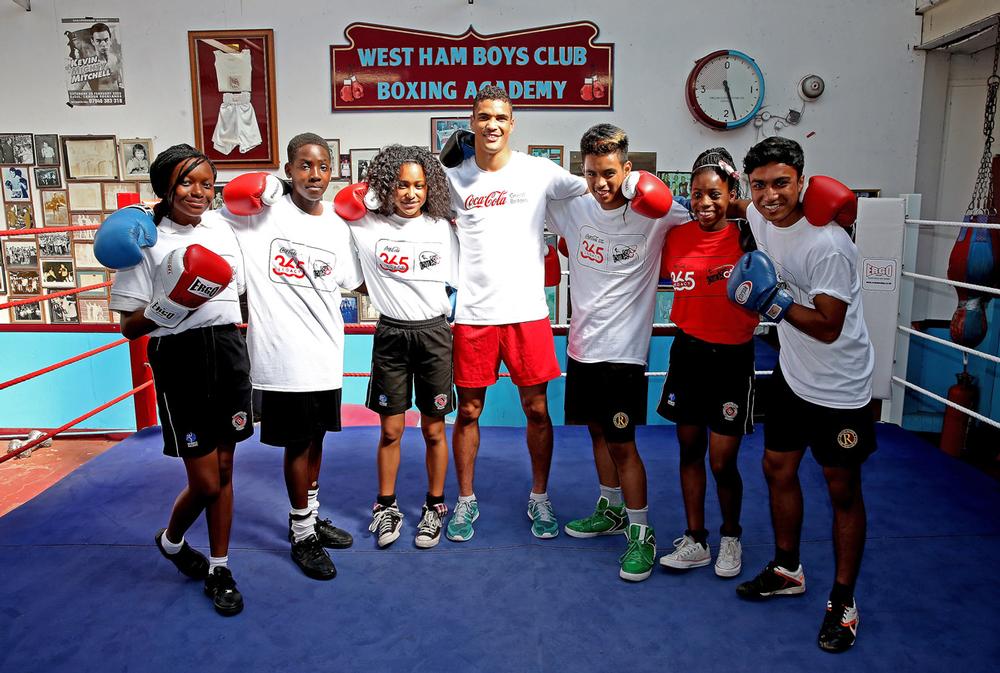
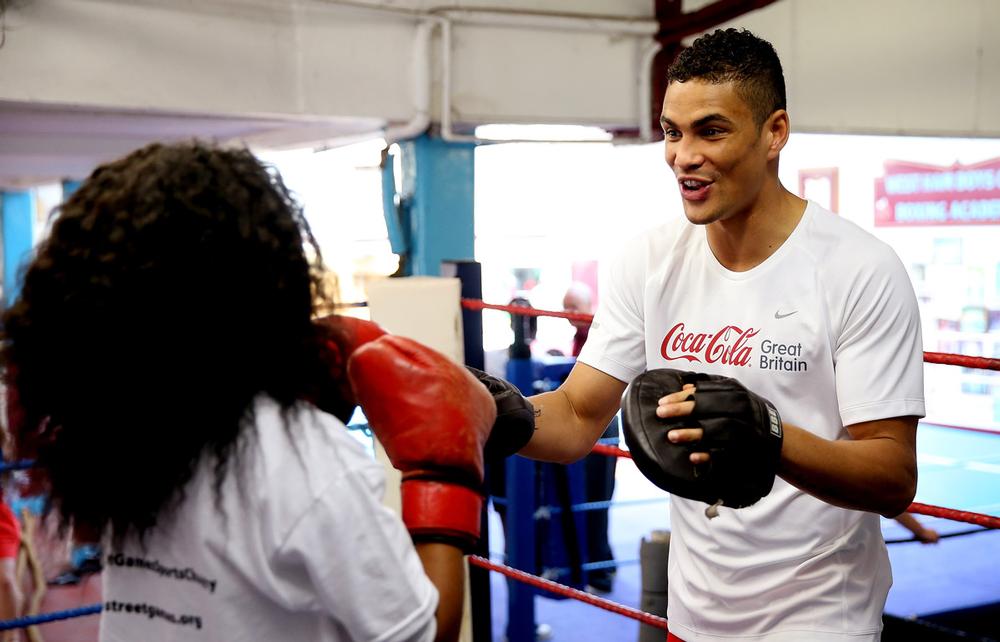
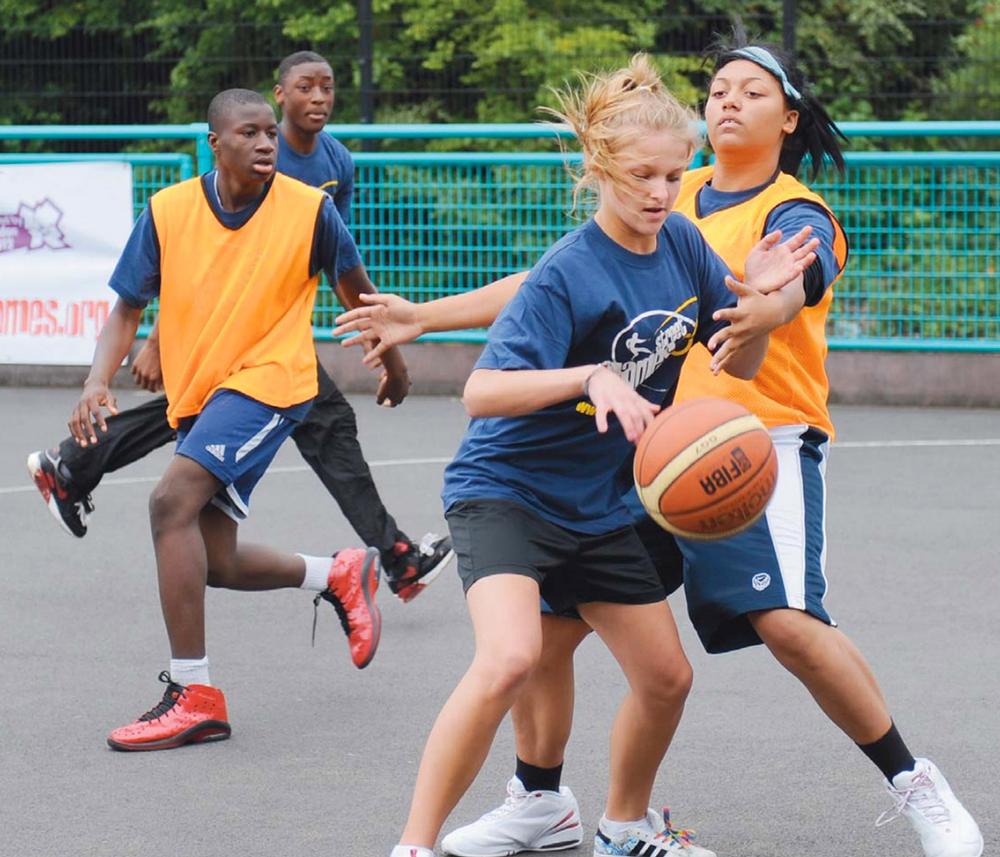
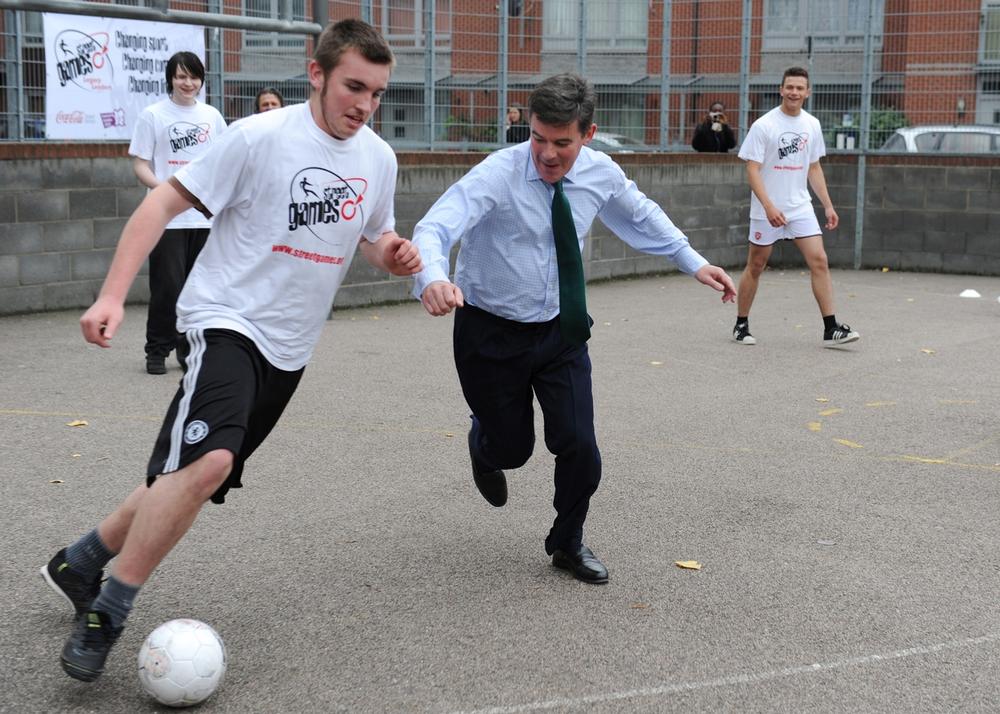
Centre Manager
Director of Operations
Fitness Motivator
Recreation Assistant/Lifeguard (NPLQ required)
Membership Manager
Recreation Assistant
Swim Teacher
Swim Teacher
Chief Executive Officer, Mount Batten Centre
Swim Teacher
Swimming Teacher
Swimming Teacher
Company profile
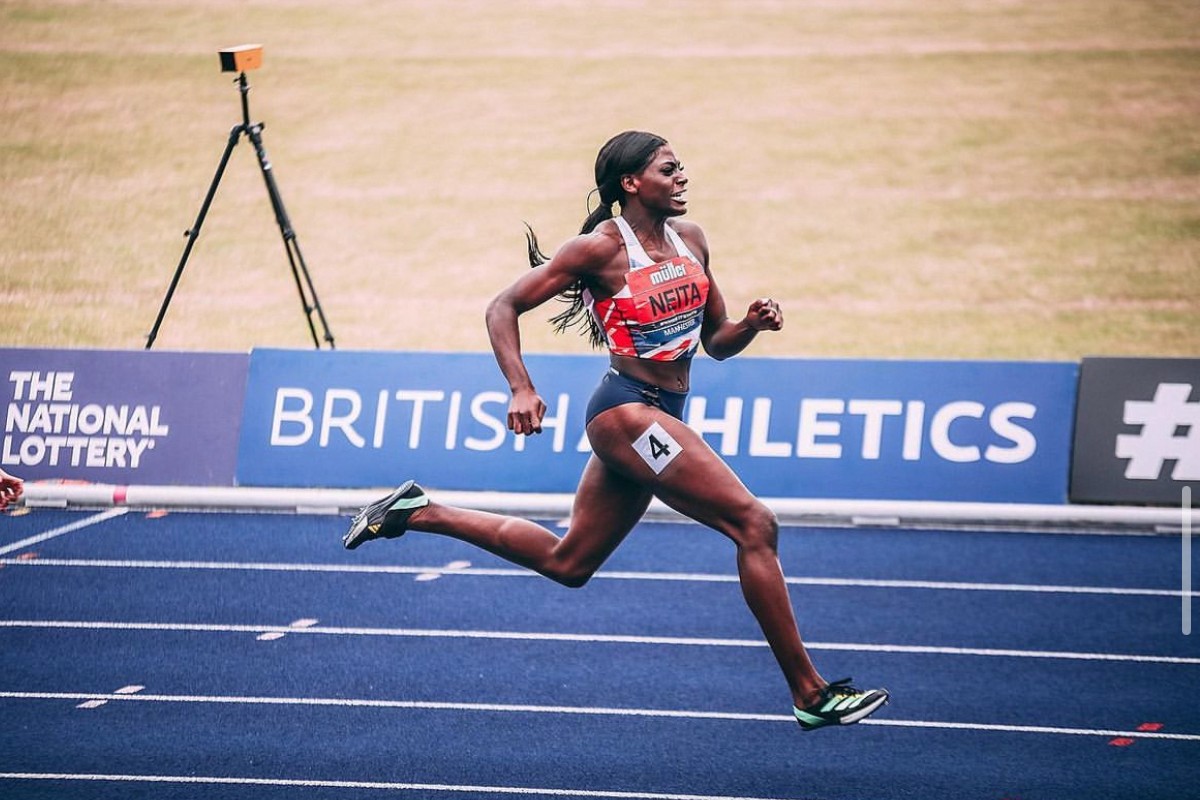
Featured Supplier

Property & Tenders
Company: Knight Frank
Company: Belvoir Castle
Company: AVISON YOUNG
Company: London Borough of Bexley
Company: Forestry England














